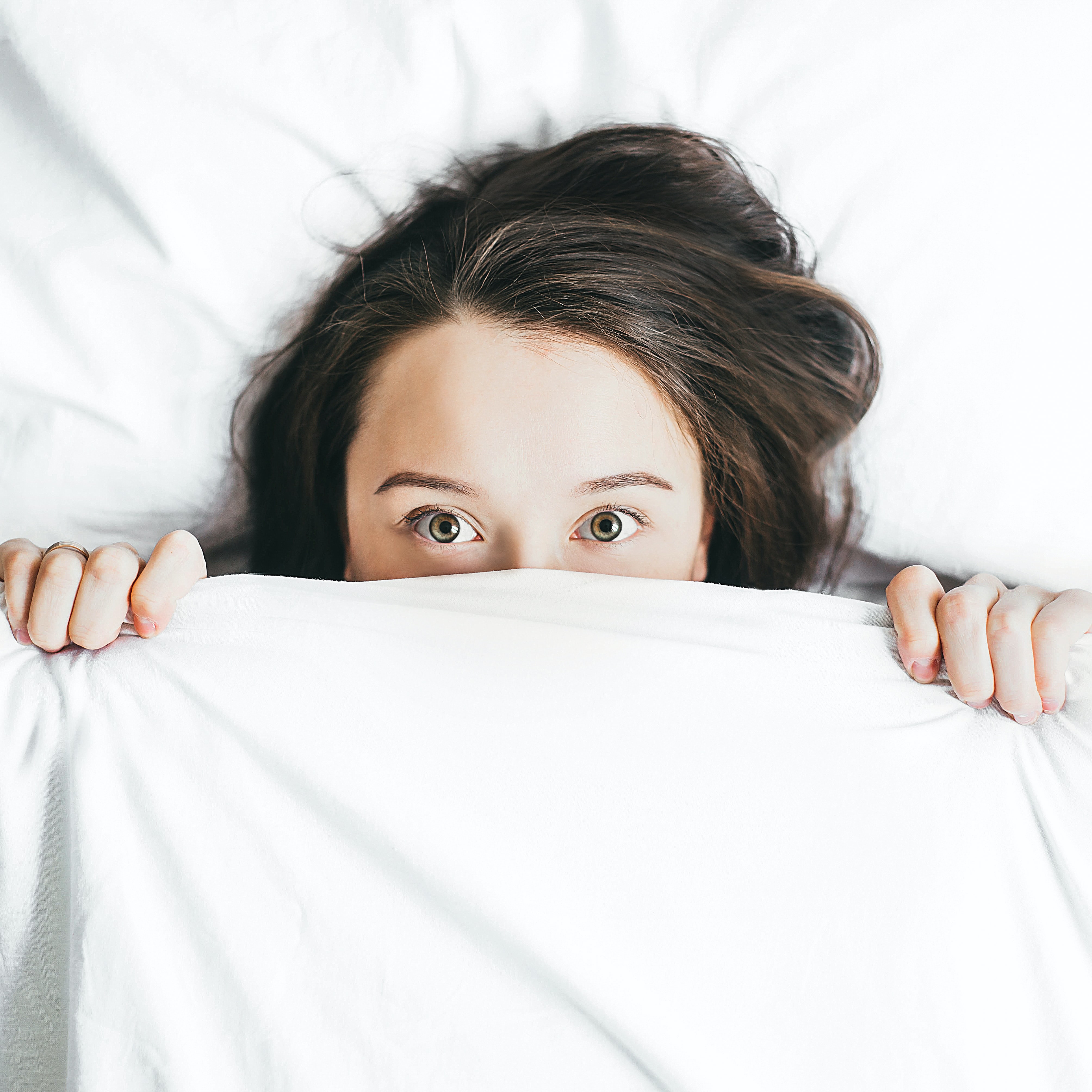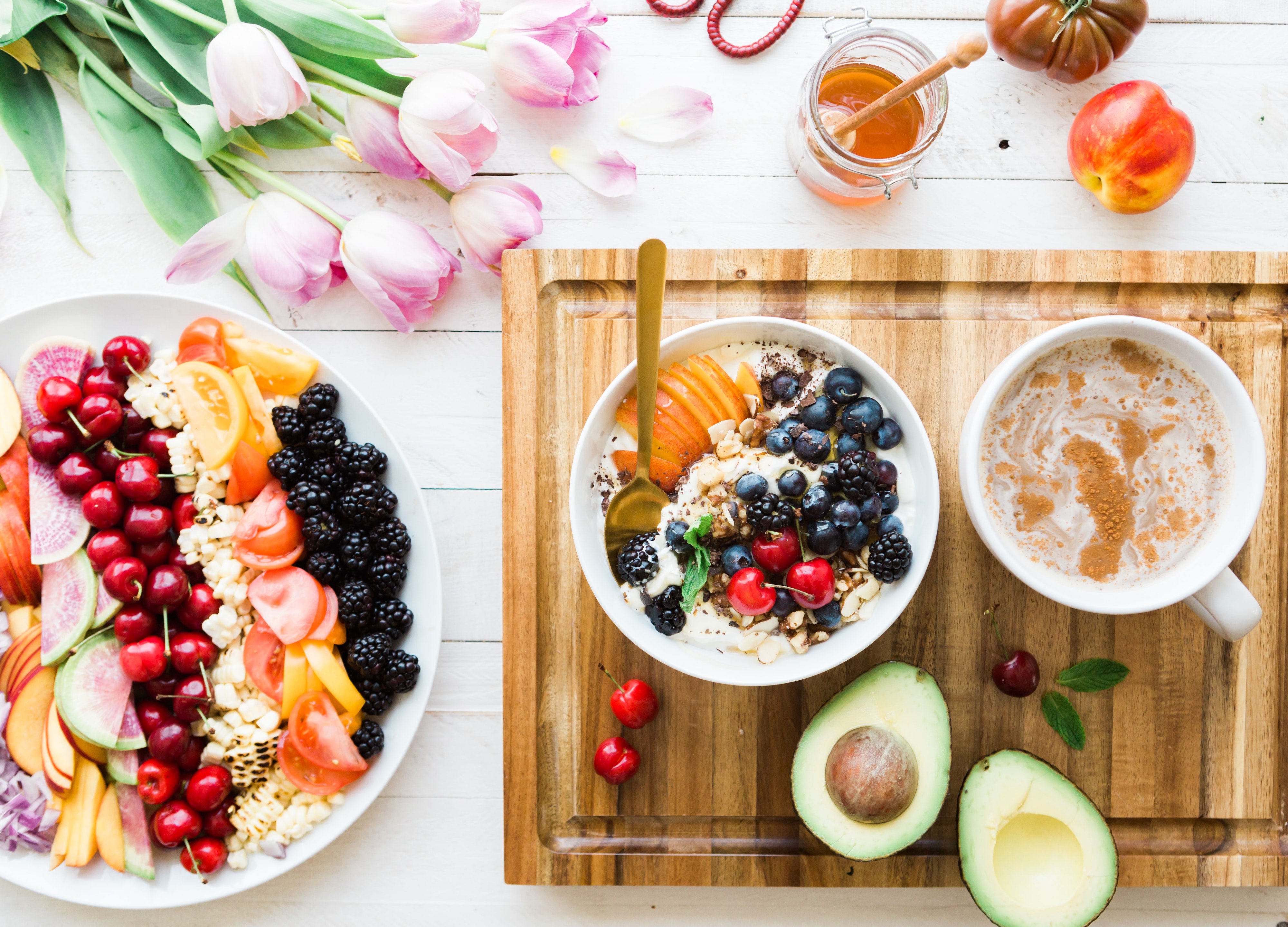
Top tips to help you through an unprecedented winter
Over the last 10 months, the world has had to adapt to a new normal in many ways. Having resilience and adaptability is how we survive and evolve, but it can come at a price to our physical and mental wellbeing. As the nights draw in and we find ourselves in the midst of lockdown 2.0, stressors can feel somewhat amplified.
Follow our top tips below on how to stay fit, well and positive through winter this year.
Get enough vitamin D
 Essential for healthy bones, regulating the immune and neuromuscular system as well as playing a vital role in cell regeneration. During the British winter sunlight doesn’t contain enough UVB radiation (October to early March) for our skin to be able to make vitamin D. During this time we get our vitamin D purely from food and supplements. Foods high in vitamin D include: oily fish, egg yolks and fortified cereals and margarines.
Essential for healthy bones, regulating the immune and neuromuscular system as well as playing a vital role in cell regeneration. During the British winter sunlight doesn’t contain enough UVB radiation (October to early March) for our skin to be able to make vitamin D. During this time we get our vitamin D purely from food and supplements. Foods high in vitamin D include: oily fish, egg yolks and fortified cereals and margarines.
Exercise

Movement is important for both physical and mental wellness. Keeping a strong and healthy body helps to offset many conditions such as diabetes, high blood pressure, falls and injuries to name just a few. Exercise can also improve mental health. It has been shown to reduce anxiety, depression, negative moods and even to improve self-esteem and cognitive function.
Set boundaries for working hours

With many of us now working from home, it can be easy to allow work to overflow into your personal space. This is especially true if you find it hard to switch off at the end of your shift. Try to stick to your usual office hours to keep a good work/life balance and routine. If you can, dedicate an office space for work and make sure to set up your desk correctly for good posture. If you don’t have an office space, make sure to pack away your work equipment at the end of the day.
Get enough sleep

A good night’s sleep will make the world of difference to your day, your energy levels, mental clarity and overall vitality! Stick to a bedtime routine if you can, with a wind down time. Limited electronics at this time will ease you into a restful night’s sleep.
Limit your screen time

Research shows that those who spend more than an hour of leisure screen time a day are at an increased risk of negative mental health issues. Limiting screen time is especially important in the evening. Blue light has a stimulating effect, which can interrupt your natural body rhythm as it begins the production of melatonin (the sleep hormone). Restrictions can be set on your smartphone to limit screen time or to remind you when to switch off.
Eat well

We all know the importance of good nutrition for energy levels, health and general wellbeing. A study into SAD (seasonal Affective Disorder) has shown that a diet rich in antioxidants is effective in combating feelings of winter blues. Pack your diet with the following food groups to get the vitamins and minerals you need to support your body and mind during these months:
Beta-carotene and vitamins C and E can be found in citrus fruits, strawberries, tomatoes, peppers and potatoes.
Nuts, seeds, beans and legumes all contain vitamin E.
Vitamin D is found in mushrooms, salmon and tuna, milk, fortified cereals, eggs, beef liver and pork.
Leafy greens provide B12, which is believed to be instrumental in reducing the symptoms of SAD.
Omega 3 fatty acids are found in oily fish.
See your Osteopath

For any aches and pains before they become more troublesome. Many lasting issues that appear as the result of sprains, strains or tension in your body can be easily resolved by your Osteopath.
To book your appointment with East Sussex Osteopaths, get in touch here.
